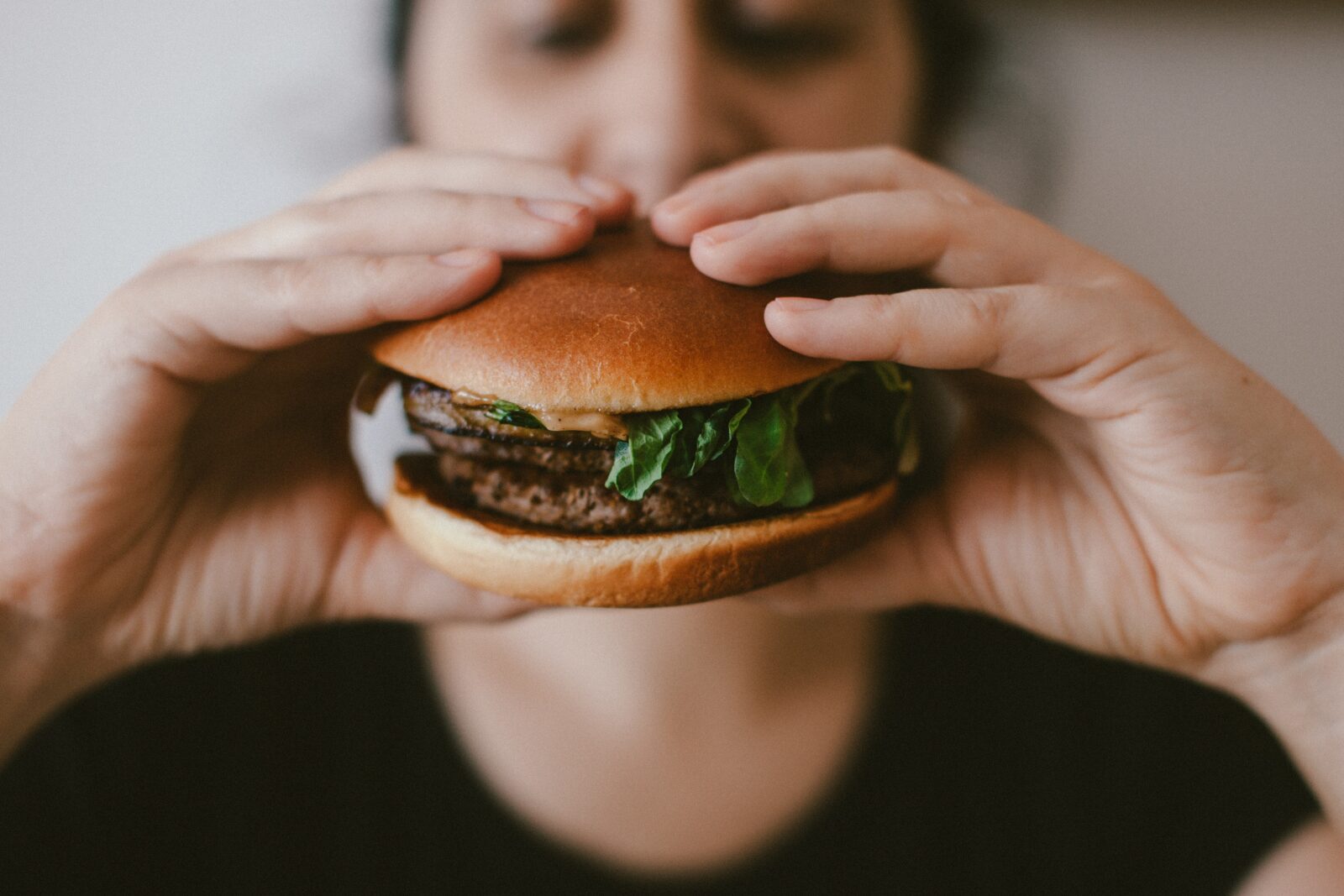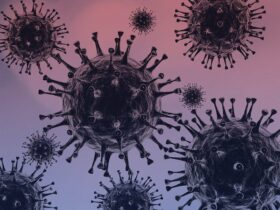A healthy diet can do wonders, but can it save you from developing severe COVID-19 symptoms? So far, we were concerned with following the correct protocols, but are we not missing an important factor? Nutrition is another thing we should keep an eye for while fighting against this deadly virus.
Let’s make things clear. Nutrition won’t prevent anyone from getting COVID-19; however, it plays a role in developing less acute symptoms.
“We have two epidemics: obesity and COVID-19,” said Dr. Mariela Glandt, a Harvard University and Columbia University-trained endocrinologist and nutritionist who now lives in Israel and runs a clinic for people with diabetes in Ramat Aviv.
Several studies show that having optimal metabolic health can reduce the negative impact of the virus. Nutrition plays an essential role in our health and is something that we can control. We need to do all we can to protect ourselves from COVID-19, and that includes improving the risk factors that we can control, like our diet.
For our immune system to function properly, we need to be careful about what we eat and control our weight. Obesity is a serious cause of our general health, and it also affects our immunity. Metabolic dysfunctions are easily caused by our bad daily habits, such as junk food. A poor diet also includes ultra-processed starches and cheap fats, the perfect combination to mess out our system.
“This particular pandemic highlighted the impact that obesity can have on the immune system,” says Prof. Mona Boaz of the Department of Nutrition Sciences in the School of Health Sciences at Ariel University.
According to the Centers for Disease Control, obesity caused the worst COVID-19 symptoms. Often it was associated with hospitalization, treatment in an intensive care unit, mechanical ventilation, and even death. Diabetes is another condition that takes a harsh toll on people infected with the virus. However, even having high sugar values without having diabetes increases the risk of severe COVID-19 symptoms, including death.
“Insulin is the hormone that allows your body to utilize the glucose in the food that you eat. Normally, this is a healthy and natural process – insulin levels rise when eating, and subside to very low levels between meals,” Glandt explained. “Insulin is a storage and growth hormone and it is critical that there be a balance between high and low levels.”





























Leave a Reply